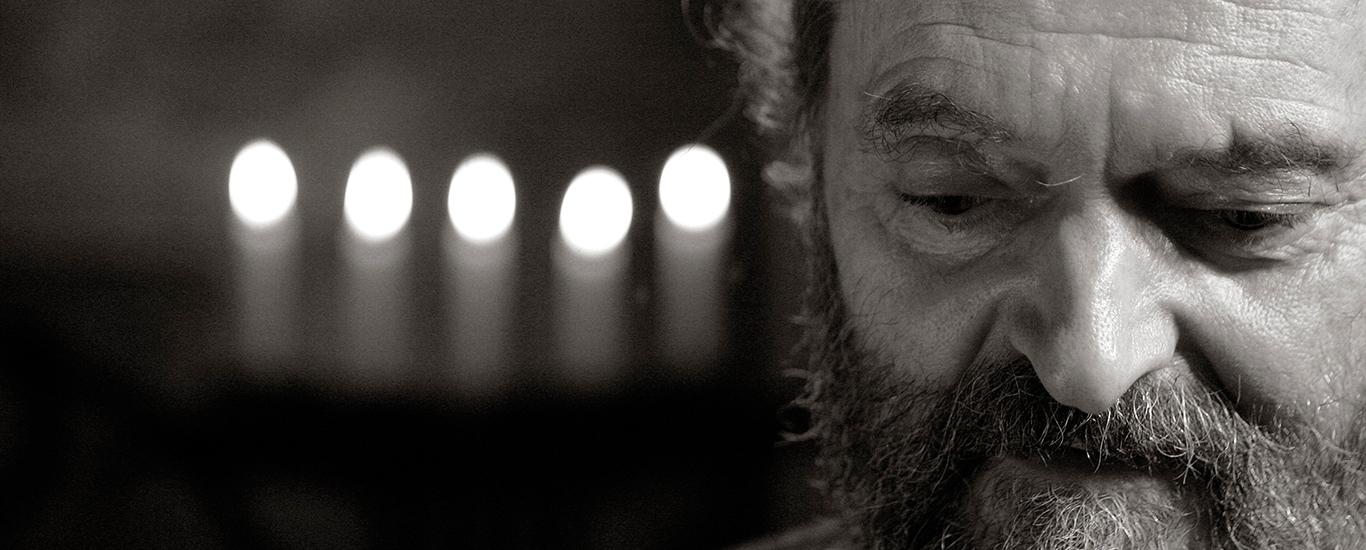Arvo Pärt was born in 1935 in Paide, Estonia. After studies with Heino Eller's composition class in Tallinn, he worked from 1958 to 1967 as a sound engineer for Estonian Radio. In 1980 he emigrated with his family to Vienna and then, one year later, travelled on a DAAD scholarship to Berlin, where he has lived ever since. As one of the most radical representatives of the so-called 'Soviet Avant-garde', Pärt's work passed through a profound evolutionary process. His first creative period began with neo-classical piano music. Then followed ten years in which he made his own individual use of the most important compositional techniques of the avant-garde: dodecaphony, composition with sound masses, aleatoricism, collage technique. "Nekrolog" (1960), the first piece of dodecaphonic music written in Estonia, and "Perpetuum mobile" (1963) gained the composer his first recognition by the West. In his collage works 'avant-garde' and 'early' music confront each other boldly and irreconcilably, a confrontation which attains its most extreme expression in his last collage piece "Credo" (1968). But by this time all the compositional devices Pärt had employed to date had lost all their former fascination and begun to seem pointless to him. The search for his own voice drove him into a withdrawal from creative work lasting nearly eight years, during which he engaged with the study of Gregorian Chant, the Notre Dame school and classical vocal polyphony. In 1976 music emerged from this silence; the little piano piece "Für Alina". It is obvious that with this work Pärt had discovered his own path. The new compositional principle used here for the first time, which he called tintinnabuli (Latin for 'little bells'), has defined his work right up to today. The 'tintinnabuli principle' does not strive towards a progressive increase in complexity, but rather towards an extreme reduction of sound materials and a limitation to the essential.


